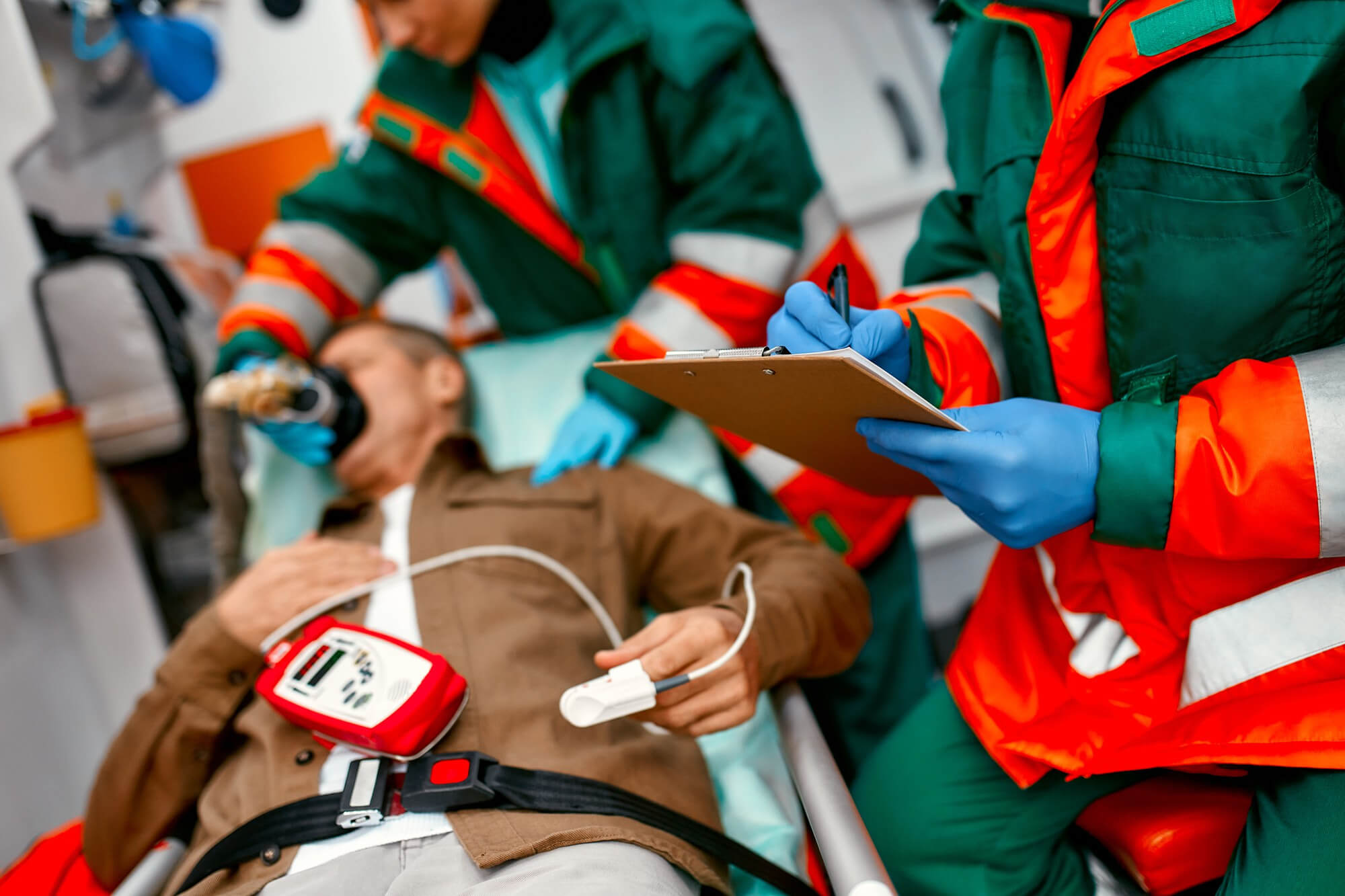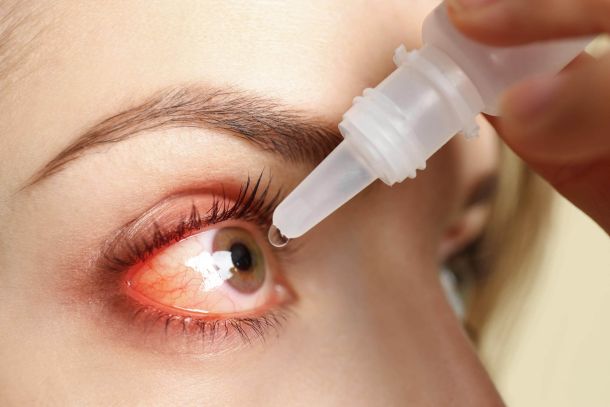How to avoid allergic shock: tips and advice


Eva Zakharova
The number of people suffering from allergies continues to grow. Allergic shock, or anaphylactic shock, is one of the most dangerous manifestations of an allergic reaction and can lead to serious consequences, up to and including death. In this article an experienced allergist will explain the causes, symptoms and treatment of allergic shock.
What is allergic shock?
Allergic shock (anaphylactic shock) is a sudden and severe systemic allergic reaction resulting from repeated contact of the body with an allergen. Allergy shock, as it is called, is a potentially fatal condition and requires immediate medical intervention.
Why is allergic shock dangerous?
The danger of anaphylactic shock is that the body reacts to the allergen in a short time, causing a number of serious symptoms, including laryngeal edema, decreased blood pressure, and impaired cardiac function. Without timely first aid and medical support, the patient's condition can quickly deteriorate, resulting in death.
Causes of allergic shock

Food allergens
- The most common food allergens that can cause anaphylactic shock are: milk, eggs, fish, seafood, nuts, soy, and wheat. However, any food can cause an allergic reaction in a predisposed person.
To prevent food allergies, especially in people with a predisposition, it is important to follow a diet that excludes potentially dangerous foods. It is also advisable to carefully study the composition of foods when buying and cooking.
Drug allergens
- Drug allergies can also cause anaphylactic shock. The most common allergic reactions are caused by antibiotics (penicillins, cephalosporins), anti-inflammatory drugs (aspirin, ibuprofen), antiepileptics and anesthetics.
To prevent allergies to medications, you should tell your doctor about your predisposition to allergies and any previous reactions to medications. The doctor, in turn, will try to select alternative remedies without the risk of causing allergies.
Insect bites
- Allergic shock can be caused by insect bites such as bees, wasps, hornets, and ants. The bite of these insects can cause a severe allergic reaction in people with a predisposition.
To prevent insect bites, you should avoid contact with them, use repellents, wear closed clothing and shoes, and be careful when hiking in nature and during picnics.
In addition to the above causes, anaphylactic shock can be caused by contact with latex (especially in medical personnel), certain types of vaccines, contrast agents during diagnostic examinations and even physical activity (individual intolerance). In some cases, the cause of allergic shock may remain unknown.
Symptoms of allergic shock

- Early symptoms of allergic shock may appear as itching, reddening of the skin, rash, swelling of the face and throat, urticaria. Shortness of breath, runny nose, sneezing, lacrimation, and nausea may also occur.
- Severe symptoms of allergic shock include severe difficulty breathing, laryngeal edema, low blood pressure, tachycardia, fainting, chest pain, vomiting, diarrhea, and seizures. These symptoms require immediate medical attention.
Symptoms of anaphylactic shock in children
Symptoms of allergic shock in children may be similar to those in adults, but children may experience greater fear and panic, and involuntary urination and disorientation may also occur.
Diagnosis of allergic shock

Diagnosis of allergic shock begins with a physical examination by a physician, including collection of the patient's history and assessment of symptoms.
- Skin tests, blood tests, and provocation tests may be performed to determine allergens. It is important to perform these tests under the supervision of a specialist, as they may cause an allergic reaction.
- In some cases, instrumental diagnostic methods such as chest X-rays, ECG or spirography may be necessary to determine the degree of damage to organs and systems.
Treatment of allergic shock

The first aid in allergic shock is to immediately call an ambulance and give the patient access to oxygen. If possible, contact with the allergen should be eliminated. In case of an insect bite, it is advisable to remove the sting and apply cold to the bite site.
Medication for allergic shock
Antihistamines such as diphenhydramine or cetirizine may be used to reduce the allergic reaction and relieve symptoms.
Corticosteroids, such as prednisolone or hydrocortisone, may be prescribed to reduce the inflammatory response and swelling.
Adrenaline (epinephrine) is a vital drug in allergic shock. Adrenaline administration can save a patient's life by improving blood flow and relieving laryngeal edema.
Additional treatment measures
Depending on the patient's symptoms and condition, additional treatment measures such as oxygen therapy, infusion therapy, intubation, and mechanical ventilation may be necessary.
Prevention of allergic shock
Prevention of allergic shock includes avoiding contact with known allergens, immunotherapy if you are allergic to certain substances, informing family and friends about your allergy and wearing a medical bracelet indicating the allergy. It is also important to carry adrenaline in the form of an auto-injector (such as EpiPen) and know how to use it in an emergency.
In conclusion, allergic shock is a dangerous condition that requires immediate medical attention. Knowing the symptoms and first aid for allergic shock can save a person's life. Being aware of one's allergies, avoiding contact with allergens, and proper prevention can help prevent anaphylactic shock from developing and keep one healthy. If you or your child has symptoms of an allergic reaction, you should see an allergist for a diagnosis and adequate treatment.
Related Materials
New materials
Popular Articles
We recommend reading
Contact us in the Contact Us section to ask questions, offer ideas, or for more information about our allergy resource.
Our articles are your trusted source of allergy knowledge. Learn how to make life with allergic reactions easier on our specialized portal.
©
Lechenie-Allergii.com. All rights reserved.
© Lechenie-Allergii.com. All rights reserved.
The information on this site is for informational purposes only and is not a substitute for professional medical advice. We recommend consulting with qualified medical professionals for accurate information and advice.
 English
English  Українська
Українська  Русский
Русский 









